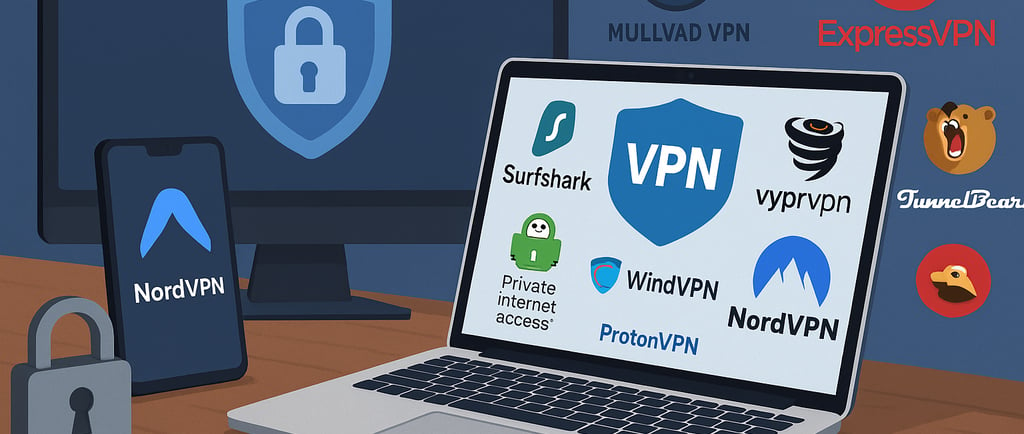How VPNs Support Freedom of Speech Online
VPN


The internet is often described as a place of free expression, but in reality, many governments and organizations place restrictions on speech, content, and communication. From censorship to surveillance, people around the world face challenges when trying to express themselves openly online. This is where a VPN (Virtual Private Network) becomes a vital tool in protecting and enabling freedom of speech.
The Challenges to Free Expression Online
Government Censorship
Some countries block access to news sites, social media platforms, or independent journalism. Citizens are left with only state-approved information.Surveillance and Tracking
Governments and ISPs may monitor online conversations, discouraging people from speaking freely.Workplace or School Restrictions
Even in less restrictive countries, institutions may block social platforms or forums to control communication.Harassment and Retaliation
Activists, journalists, and everyday users risk retaliation for expressing critical opinions.
How VPNs Protect Freedom of Speech
1. Bypassing Censorship
A VPN changes your IP address and routes your traffic through servers in other countries. This allows you to access blocked websites, news sources, and social media platforms.
2. Protecting Anonymity
VPNs hide your real IP address, making it harder for authorities or malicious actors to trace your online identity.
3. Encrypting Communications
End-to-end encryption prevents ISPs, hackers, or governments from monitoring your messages and browsing activity.
4. Accessing Independent Journalism
VPNs give users access to international media, providing a broader perspective beyond state-controlled outlets.
5. Empowering Activists and Journalists
For those in high-risk environments, VPNs help share information securely with global audiences without exposing their location.
Real-World Examples
China – Citizens use VPNs to bypass the “Great Firewall” and access platforms like Twitter, YouTube, and international news.
Iran – Protesters and journalists rely on VPNs to communicate and share updates with the outside world.
Turkey – VPNs are used to access social media platforms during periods of government-imposed restrictions.
Western Democracies – Even in free nations, whistleblowers use VPNs to protect their identities when sharing sensitive information.
The Limitations of VPNs for Free Speech
VPN Bans – Some countries actively block VPN traffic or restrict which providers can operate.
Not Foolproof – Skilled authorities may still track online activity with advanced tools.
Reliance on Providers – Users must trust VPN providers to keep no-logs and uphold privacy commitments.
Choosing the Right VPN for Freedom of Speech
If your main goal is protecting free expression, look for a VPN that offers:
No-logs policy – Ensures your activity isn’t stored.
Obfuscated servers – Disguise VPN traffic to bypass censorship detection.
Strong encryption – AES-256 or newer protocols like WireGuard.
Wide server network – Increases chances of bypassing restrictions.
Kill switch – Prevents accidental exposure if the VPN disconnects.
Ethical Considerations
VPNs are powerful tools, but they are only part of the bigger picture. True freedom of speech depends on:
Legislation that protects expression
Platforms that allow open discussion
Users who promote respectful, safe communication
VPNs help defend rights in the digital world, but they are not a replacement for broader social and legal protections.
Final Thoughts
Freedom of speech is a cornerstone of democracy, yet online it is under constant threat from censorship, surveillance, and intimidation. A VPN empowers individuals by giving them the tools to speak, share, and connect securely.
Whether it’s a journalist exposing corruption, a student accessing blocked resources, or an everyday user sharing their opinion, a VPN helps ensure their voice can be heard.